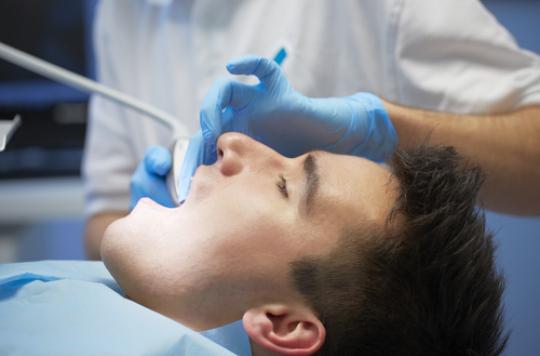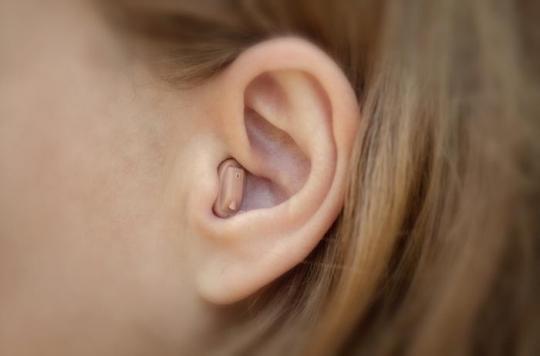In 15 years of existence, the care networks have reduced the remainder to patients by up to 50%. This is what emerges from a survey which also indicates that they are underutilized.

The care networks were set up by various complementary health insurance in the mid-1990s. Via platforms which enter into contracts with certain health professionals, their objective is to offer prices lower than those on the market for care likely to be billed. at high rates and leave patients with heavy out-of-pocket expenses. The sectors targeted are as varied as optics, dental care, hearing aids, osteopathy, chiropractic or even dietitian consultations.
Fifteen years after their establishment, there are now 7 distinct platforms for a total of insured persons estimated at around 40 million. And a survey published on Tuesday demonstrates their effectiveness. It’s’Citizen Observatory for Dependent Remittances (1) which delivers the results of this survey conducted by the Asterès Cabinet. It shows that the tariff reductions for healthcare professionals who are partners of these networks vary from 10% to 50% compared to the average market price.
1 billion euros in savings
In 2015, 1 billion euros were saved. In dentistry, for example, the care networks have made it possible to lower patient bills by 19% on average, writes the Observatory, “ie an average gain of 343 euros for a procedure”. When a patient enters this sector, he must count on average 1,447 euros for a prosthesis estimate in the Santéclair network, against 1,791 euros outside the network. And for hearing aids, the fall in prices is even more significant, of the order of -30%, or an average gain of 821 euros.
In addition, these networks also have other virtues, by lowering the prices of the healthcare offer. This is the case in optics, where prices have increased by 4.7% per year since 2001. Under the effect of healthcare networks, they fell for the first time by -0.3% in 2015, says Nicolas Bouzou. , president of the institute Asteres.
Despite these good results, the Observatory is not completely satisfied. He deplores the fact that the networks are still underused “for lack of information”. According to these activists, the objective is to seek out the 20% of French people who still give up healthcare. A constant figure, they regret.
Medical unions remain opposed to it
The Parisian reminder that the General Inspectorate of Social Affairs (Igas) should soon draw up an initial assessment of the care networks. An evaluation requested by in particular by Unsaf, a union of hearing-aid acousticians, which disputes their effectiveness. A point of view shared by the unions of liberal doctors, who accuse these networks of wanting to control their activity.
Controlled quality of care
According to the Citizen Observatory of Remittances, the quality of care within the networks is supervised. On the one hand, due to the requirements appearing in the specifications that healthcare professionals are required to comply with in order to be retained among the partners and, on the other hand, through the checks carried out by the platforms both upstream than downstream of services. “It is also important to stress that apart from the networks, health professionals working in cities are not subject to any assessment of the quality of their practices,” he concludes. The liberal doctors’ unions will appreciate …
(1) The Citizen’s Observatory for Remedies in Health Care was created in early 2013 by three partners: the Ciss, the magazine 60 million consumers edited by the INC, and the company Santéclair.
.














